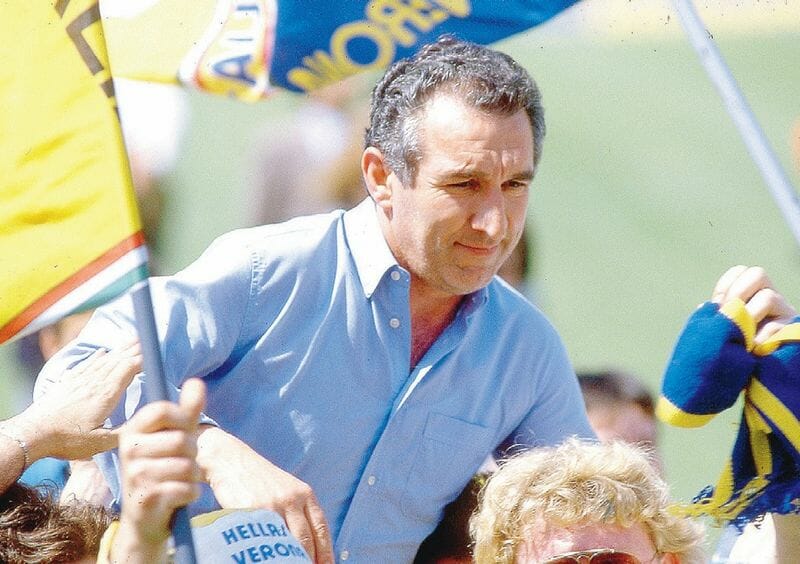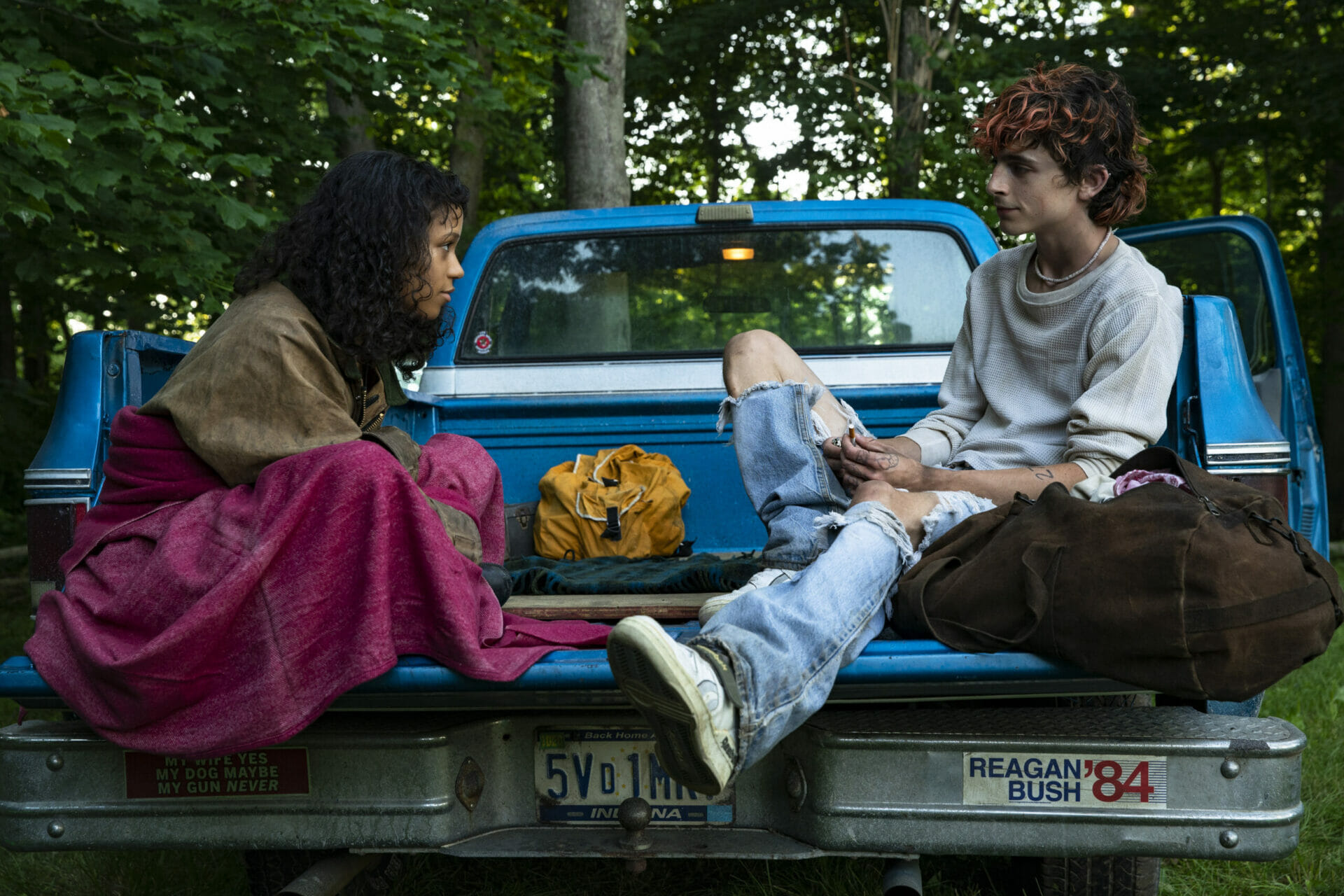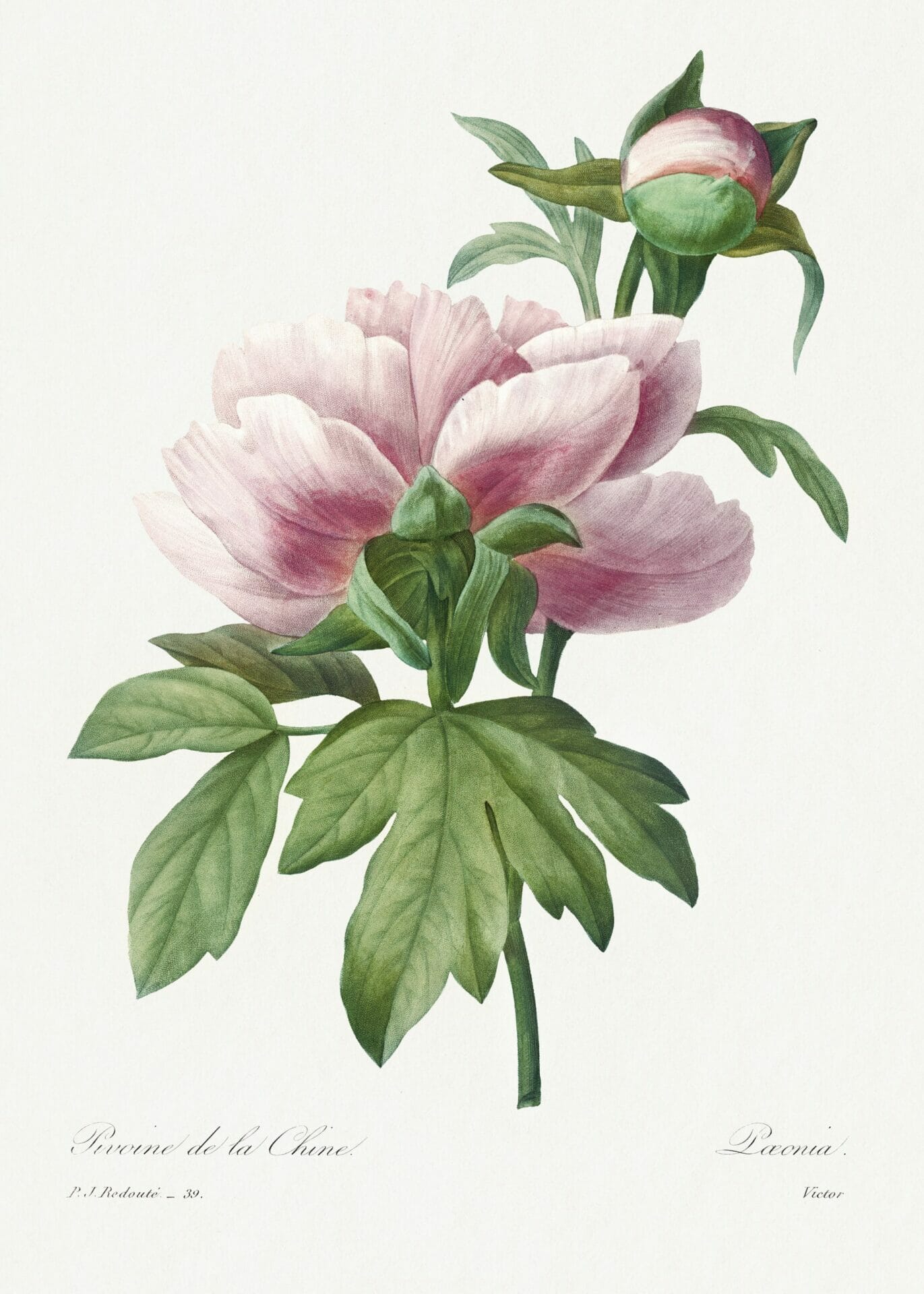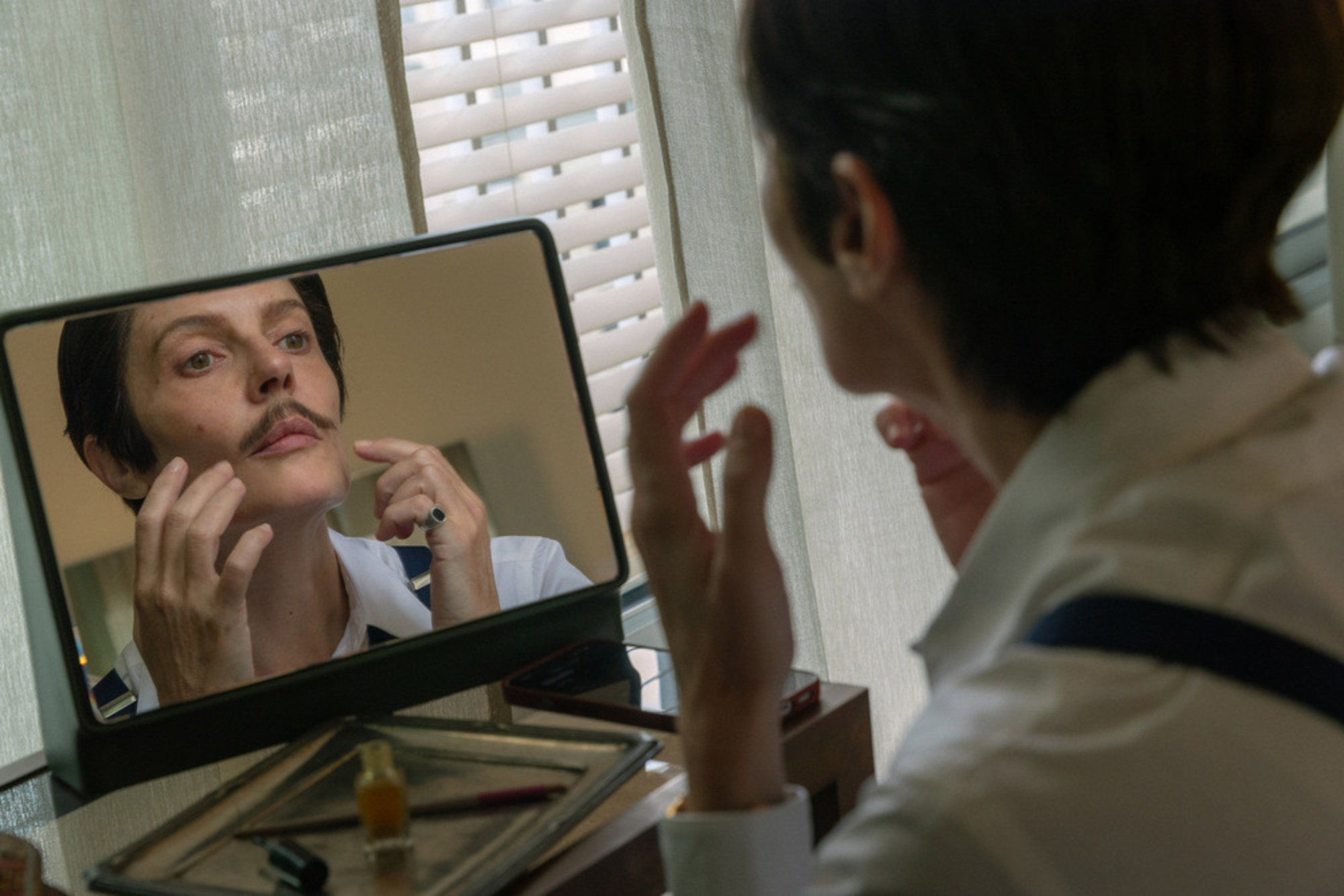
“I wanted to talk about the work of the actors, not on a set so much, but this idea of what’s the identity of an actor. I don’t know how I can phrase this. What is the parallel when you’re a spectator in a movie theatre and you identify with the people you see on the screen, and the work for the actors who then have to identify with their characters. You have this twofold identification, which I find a very compelling idea.”
This is the main idea behind Marcello Mio, the movie written and directed by Christophe Honoré and presented at the 77th Cannes Film Festival, precisely in the year of the centenary of the birth of Marcello Mastroianni.
“Christophe talked to me about this before he wrote the script,” says Chiara Mastroianni, Marcello Mastroianni’s and Catherine Deneuve‘s daughter, “He couldn’t move forward unless of course I agreed, and I was deeply intrigued. I found this very daring, very bold, audacious. It’s a risky wager, in fact. […] When he talked to me about this idea, I said to myself “well, I wonder how he view things”. I was very intrigued and I was perfectly willing, when you’re fortunate enough to have someone with whom you work on the basis of such absolute trust.”
Marcello Mio is not a biopic, is a fairy tale
“I didn’t want to read biographies of Marcello Mastroianni.” explains the director, “I didn’t want the film to be a biopic in any way or to talk about his private life. I’d have had the impression it was a form of betrayal, because I’m so close to Chiara, and I get along so well with Catherine and Nicole (Garcia, ed), I didn’t want therefore to approach this film as though it were going to be a kind of biopic. I say biopic because you try to reveal a character by giving away his secrets, and in the film we create an additional mystery around all these people, so on the contrary I sort of dreamed the life of Marcello.”
The movie is about Chiara Mastroianni, actress daughter of Marcello, who decides to become her father for a summer, behaving as such. Her family and friends humour her as she travels around Italy to rediscover the places her father frequented.
When Marcello Mastroianni was alive, “it was the Golden Age of the Italian Cinema. I watched lots of Marcello Mastroianni’s films, and when you watch these incredible films, which we all know so well that date from the 60s and 70s, when you’re a director you say the film industry was magical, at the time. There was this incredible magic about it. I hoped, in a fairly gentle way, that I would be able gradually in the film to create something which would be like a sort of a spell, a magic, a whole frame of mind. I wanted all the actors in the film to become sort of fantastical creatures with very moving frontiers and borders between real and life and fiction.”
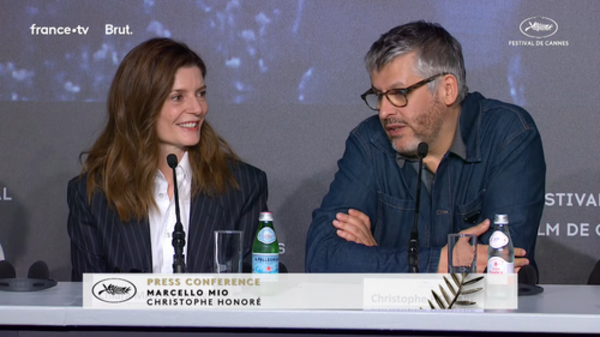
This is what Chiara Mastroianni says. Almost all the actors in Marcello Mio, in fact, simply play themselves, and yet, at the same time, they don’t. They do and say things that in reality they would never do or say, precisely to give the idea of a parallel reality, not of a film that intends to tell the secrets of Marcello Mastroianni through the eyes of his loved ones. And not even to tell who the private Marcello was in parallel to the actor Marcello that the public already knows.
“We have our names, our image in the film, but sometimes we’re very different,” adds Melvil Poupaud, an actor of Marcello Mio as well, “I had the impression I was playing the part of a different Melville, the role of an actor, and I felt it was quite interesting as an experience.”
The identity of Chiara Mastroianni too
“This film talks about family ties, which we all know and have experienced. It’s something that’s very universal. It’s this question of belonging to your parents. […] Like when people say “oh, Chiara, you’re really the daughter of your father, you’re so like him”. What I did was to realize that of course I missed that relationship. My parents split up and so forth but through this work I was able to continue to maintain this link, this silent link, this silent relationship with the character of my father and with my father the actor.”
Chaterine Deneuve, also in the film playing herself, Chiara’s mother and Marcello’s wife, experienced the filming, towards the end, when Chiara was still dressed as her former husband, with a lot of emotion.
“The scene towards the end of the film on the terrace… I remember it well. I suddenly hugged her (Chiara, ed); it was a bit ambiguous, it was a bit troubling, in fact, because above all she was my daughter. It was a very troubling scene for me, indeed.”
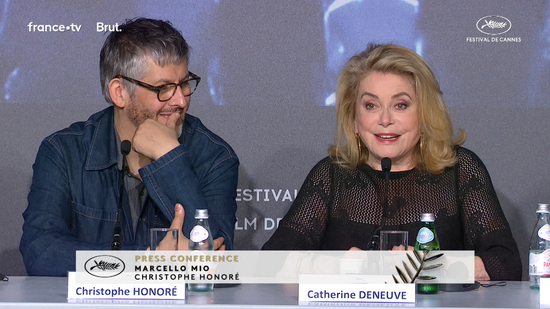
Even Chiara had difficulty detaching herself from her role, and therefore bringing to reality the idea of Christophe Honoré: if the actors are many people at the same time, what is their true identity?
“What was troubling was to note that I didn’t enjoy becoming myself again. I didn’t like becoming Chiara again. I kept saying “well, can’t I be Marcello?” and I still haven’t sorted that out. We finished filming quite some time ago, so I don’t know what’s going to really happen. It’s troubling to prefer when you’re somebody else as opposed to yourself. Maybe there’ll be a lot of work for psychoanalysis, there.”







